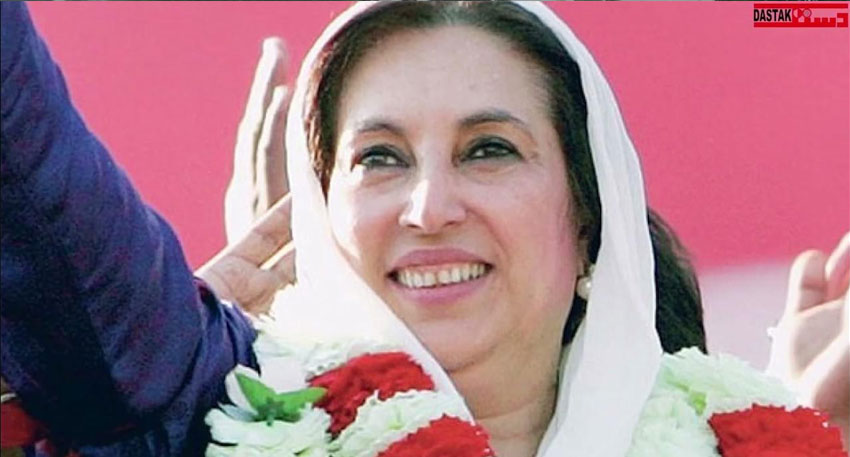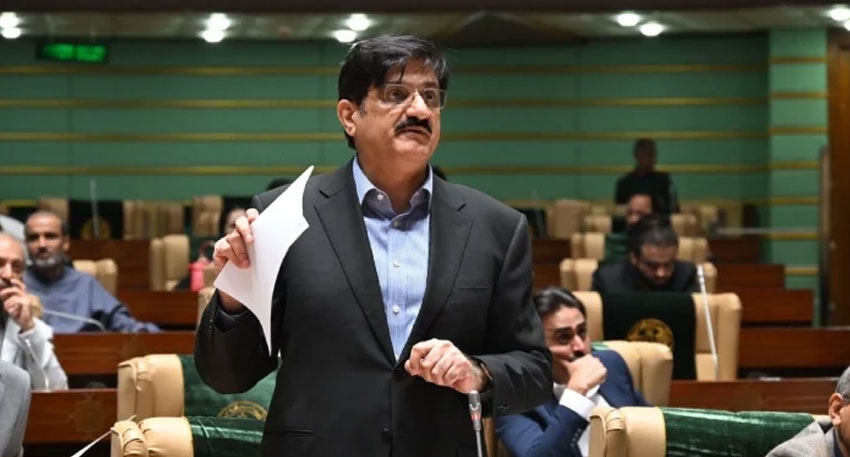
Speaking to the media in Karachi, Memon said that the Benazir Hari Card, introduced by the Sindh government, marks a new era for farmers across the province. He described it as a modern and fair system designed for the welfare and progress of Sindh’s farmers.
Financial aid and fertilizer under the new scheme
According to Memon, farmers and cultivators are being provided with Urea and DAP fertilizers through the Benazir Hari Card. In cases of natural disasters or crop losses, financial assistance is also being given to the affected farmers under this scheme.
He emphasized that the initiative ensures government aid reaches small-scale farmers directly and transparently. Memon added that the Sindh government’s efforts go beyond improving farmers’ livelihoods — the overall economy of Pakistan will also benefit from this project.
Wheat production expected to rise, imports to decline
The senior minister said that an increase in wheat production within Sindh will reduce the need for Pakistan to import wheat from abroad, helping save valuable foreign reserves and strengthen the national economy.
He expressed hope that in the coming years, with the support of modern technology and government assistance, Sindh’s farmers will achieve higher yields. This, he said, will not only benefit Sindh but contribute to the prosperity of the entire country.
Read more: Farmers to get direct payments under govt’s new initiative – All details inside!
The Benazir Hari Card is emerging as a significant reform for Sindh’s agriculture sector. Experts believe the scheme’s focus on transparency, technology, and direct support could help stabilize rural incomes and boost national grain production. If successfully implemented, it may reduce Pakistan’s dependency on wheat imports and contribute to long-term food security.




